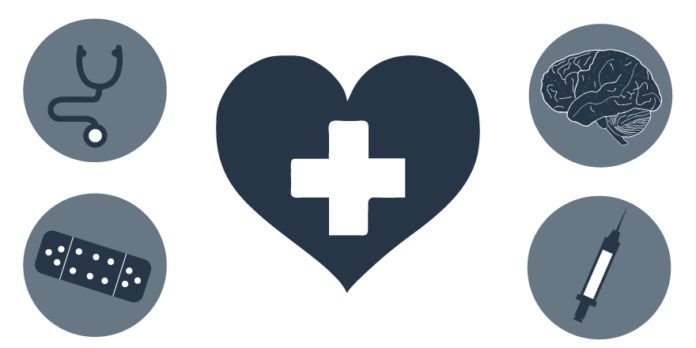A new study by the University of Michigan suggests that patients in danger of HIV should be connected to administrations, for example, emotional wellness and syringe trade programs. It will enable them to remain in mind, stick to medicine, and keep away from reinfection.
The study also highlights the crucial role of providers of social and public health services in helping patients access lifesaving HIV services.
A few years ago, suppliers had been urged and prepared to interface patients to behavioral intercessions to enable patients to adjust their practices and ensure themselves against HIV transmission and disease. A shift in policy made these interventions less available. The new policy dictated that providers should get as many people to access HIV testing as possible and to link them to HIV primary care in order to receive antiretroviral medication that can keep patients alive and thriving.
Scientists used data from nearly 380 providers—which include social workers, health educators and patient navigators—from 36 agencies in New York City in 2013-2014. The organizations gave restorative administrations, for example, HIV testing and mind, as well as psychosocial help, including HIV directing, substance abuse treatment, and lodging administrations.
The study’s key finding is that providers whose organizations offer HIV prevention behavioral interventions are more likely to link patients to HIV testing and HIV primary care.
Rogério Meireles Pinto, associate professor, said, “It took some time for providers to make the switch in priorities and also to begin to trust that making referrals to other providers in other service agencies would not lead to loss of patients.”
It’s important that providers “guide clients through the health care system to increase retention in care by using an intensive contact in the first six months of care.”
It’s vital that suppliers “control customers through the human services framework to build maintenance in mind by utilizing escalated contact in the initial a half year of care,” said Pinto, who is a specialist at the U-M Institute for Healthcare Policy and Innovation.
The examination likewise considered the race of the suppliers, which comprised of numerous who recognized as Hispanic or African-American. Nonwhite suppliers were less inclined to interface customers to specific administrations, maybe because of racial differences in levels of trust in how these high-affect administrations were propelled without solid group investment.
The study’s other authors are Columbia University researchers Susan Witte, Prema Filippone and Melanie Wall, and C. Jean Choi of the New York State Psychiatric Institute. The study was funded by the National Institute of Mental Health.
The findings appear in Health Education & Behavior.
